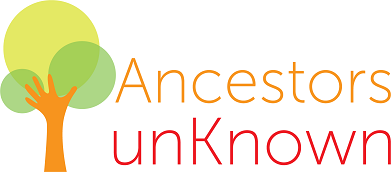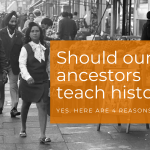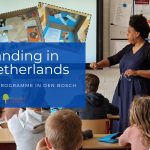Can history lessons be as diverse as the students in UK classrooms?
Is it possible for history lessons in the UK to be as diverse as the students who are in the classrooms? Yes, if we start with their stories.
The UK and its classrooms are diverse
The population in the UK is as diverse and complex as the country’s history is complicated and troubling. According to The Migration Observatory, in 2019, 28% of children under age 18 in the UK (nearly 4 million) lived with at least one parent who was born in another country. For about 14% of children who were born in the UK (nearly 2 million), both of their parents were born in another country.
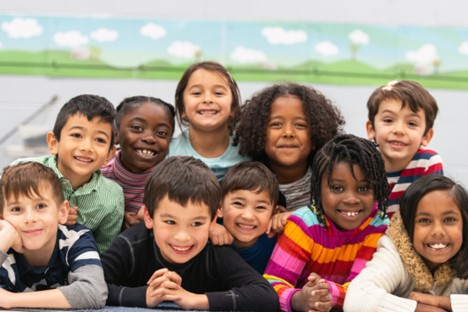
“More than a quarter (28% or 3,839,000) of children under age 18 living in the UK have at least one parent who was born abroad.” – The Migration Observatory
It’s no surprise that the UK’s population includes so many first, second, and third-generation immigrants. Facing the consequences of colonialism and countless global crises, as well as perceived opportunities and hopes for a better life, families and individuals have been relocating and building new lives in the UK for decades. Now, their children and grandchildren are sitting in UK classrooms – studying history and discovering their identities.
History lessons should be equally diverse and inclusive
In history, PSHE, English, and many other classes, young people deserve (and usually want) the opportunity to learn their own stories and stories about people who look like them. In addition to the histories of their ancestors and home countries, millions of children in the UK have family stories about migration, discrimination, activism, belonging, and local community building.
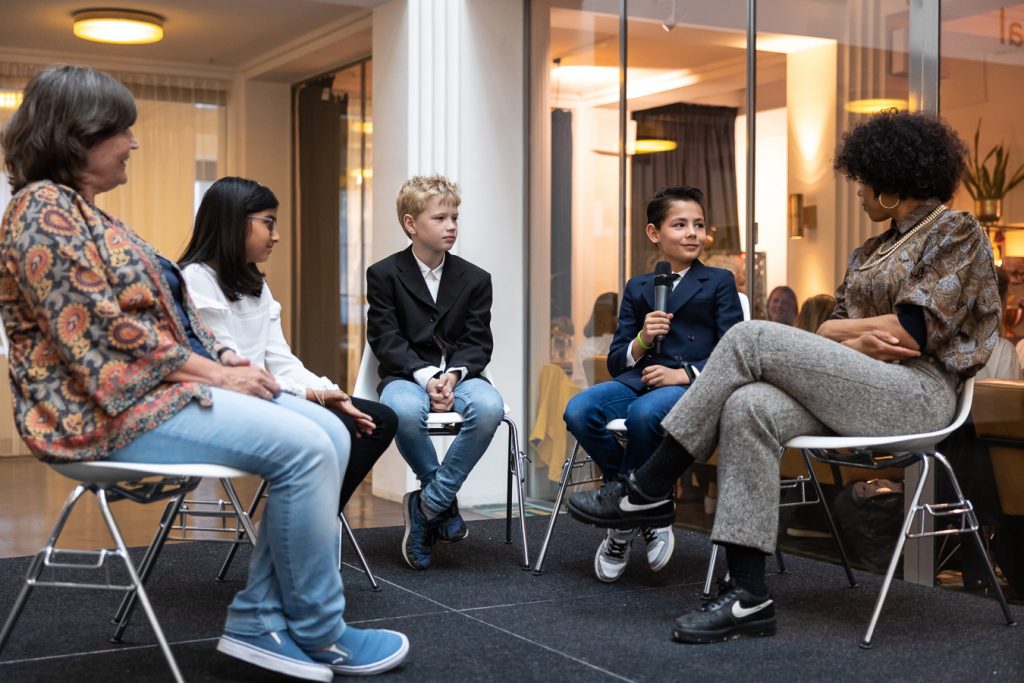
Yet, imagine how many of these stories go untold.
That’s a lot of lessons being overlooked.
Our solution – family history research and storytelling
To broaden everyone’s understanding of UK and world history, Ancestors unKnown centres the children and their own histories. Although it’s a challenge to address such a diverse range of histories, we encourage students to research and reflect on the issue themselves. By the conclusion of an Ancestors unKnown project, young participants have explored their family/community histories and they are empowered to tell their own unique stories.
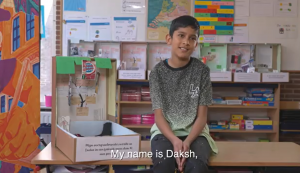
Screenshot from “Amsterdam’s Ancestors”, the Ancestors unKnown exhibition with the Amsterdam City Archives
Daksh, an 11-year-old Ancestors unKnown student in Amsterdam, learnt that during the 1940s, his ancestors were profoundly affected by the conflict between India and Pakistan. They were forced to leave their homes and relocate to a safer place, which eventually led them to the Netherlands. Daksh explained (translated from Dutch), “During the Ancestors unKnown project, I learnt a lot about my family history. If I hadn’t done this project, I wouldn’t know anything about my family history and I never would have asked.”
Join the new UK primary school programme
Want to get your students involved?
This year, we’re launching a brand-new programme for UK primary schools (Years 5 and 6). Across 8 lessons, and with support from guest lecturers and research experts, children will research their histories and focus on one primary enquiry:
What does history, including our family history, teach us about today’s British population?
The Ancestors unKnown primary school lessons and activities include an oral history interview, archive research, and understanding/personalising the UK’s migration timeline. And schools will be joining an international community of family history researchers and storytellers!
Are you ready to introduce students to a history education that’s as rich, complicated, and diverse as their classmates and their own families?
Complete this brief survey to sign-up for the UK’s new primary school programme:
Or, consider one of our other services for schools, families, and professionals
